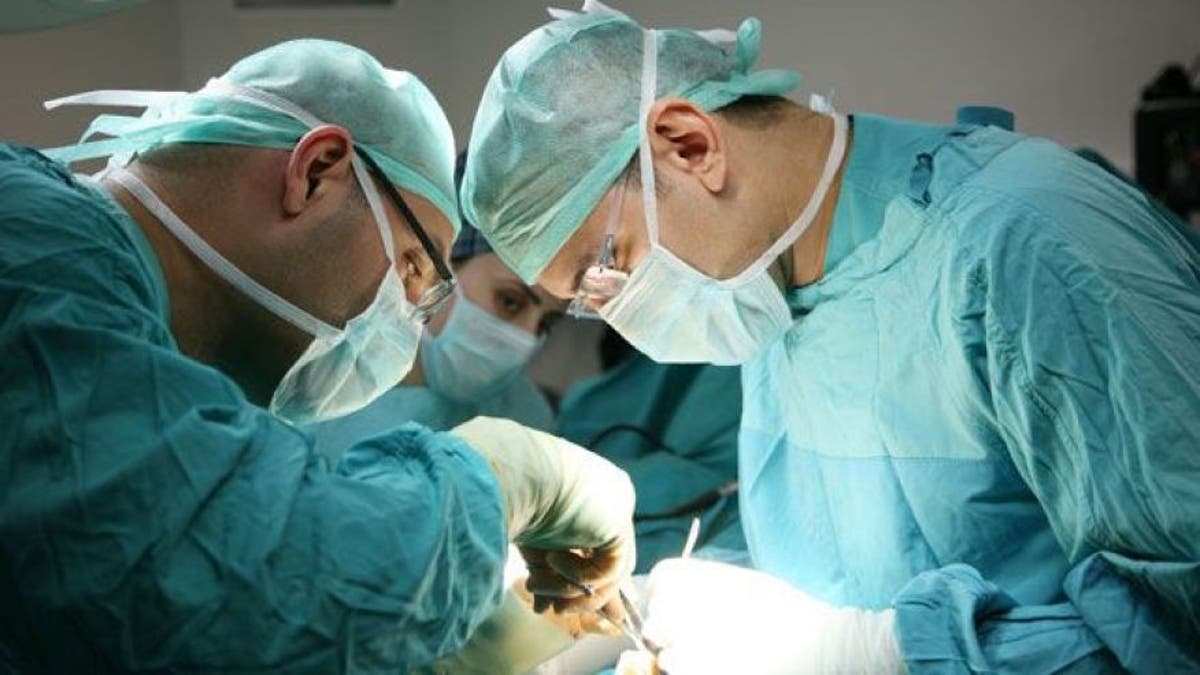
Having surgeons-in-training participate in operations does not endanger patients, a new analysis of U.S. data concludes.
The study, which looked at results from all surgical specialties, found that procedures involving trainees - known as surgical residents - tended to have similar complications and slightly lower mortality rates, compared to when senior surgeons worked alone.
"The results in this study are actually reassuring in that they demonstrate that surgical resident involvement in the operative procedure and the ensuing care of the patient actually results in a lower rate of death and a very minor not statistically significant increase in the rate of surgical complications," said senior author Dr. Faek R. Jamali of the American University of Beirut Medical Center in Lebanon.
Residents are inquisitive and often challenge the attending surgeons on proper preoperative decision-making and care, and the presence of the resident assisting the attending surgeon, as opposed to a scrub nurse or technician assisting, can serve as a safety and quality check point, Jamali told Reuters Health by email.
Researchers used an American College of Surgeons database from 2008 to 2013 including adult patients undergoing major non-cardiac surgery. More than one million surgeries met these criteria and had data on resident involvement.
The procedures were divided into four categories: surgeon working alone, resident present with surgeon, resident present and active in surgery, and resident acting as primary surgeon with the attending surgeon available if needed.
The researchers also collected data on adverse events within a month after the surgery, like heart attack, pneumonia, coma and infection and death.
About 750,000 surgeries involved residents in some way, and almost all had the resident assisting the attending surgeon with the procedure.
Surgeries involving residents tended to be more complex and were more likely to be emergency cases compared to attending surgeons acting alone.
In the 30 days after surgery, accounting for the complexity of the surgeries, patients who had been operated on by a surgeon and a resident were about 7 percent less likely to die than those operated on by a surgeon alone, as reported in the Journal of the American College of Surgeons.
Cardiac and respiratory complications were slightly more common in the group with resident involvement compared to surgeons alone.
"The training paradigm of physicians and specifically the training of surgeons has always been under the microscope," said Dr. Mehul V. Raval of Emory University School of Medicine in Atlanta, who was not part of the study.
"Most high volume hospitals really use residents to get things done and the residents serve as the front line care providers," Raval told Reuters Health by email.
Residents in current training programs may be given less autonomy than in previous years, which has led to residents seeking additional training in fellowships prior to practicing surgery alone, he said.
"For some specialties, such as pediatric surgery, residents spend up to a decade training prior to entering practice," Raval said.
In his studies, Raval has theorized that residents detect issues earlier and intervene earlier than attending surgeons, which is called the "rescue phenomenon" and may explain the better outcomes with resident involvement, he said.
The same impulse may lead to ordering more postsurgical tests and detecting more subclinical cardiac or respiratory issues, so the complication rate would appear higher while mortality is lower, he said.
"I think this study and others have shown that resident involvement is safe," Raval said. "There are even patients who gain tremendous pleasure from knowing that they have contributed to the education and training of the next generation of surgeons."
Patients can speak with their surgeon openly about resident involvement, he said.
"Most surgeons at teaching hospitals are used to this question and are very transparent and candid about the role of residents in general and in the specific patient's case," Raval said.








































